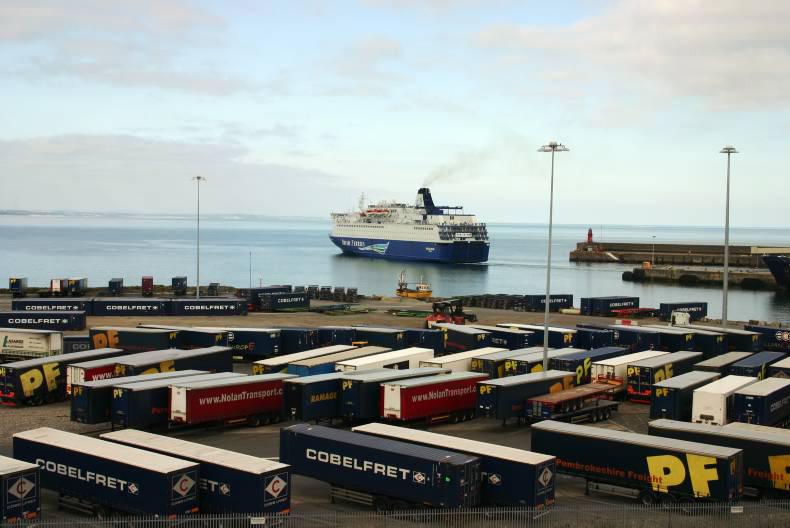While discussions between the USA and the EU, as well as Pacific Rim countries, dominate international trade debates, the EU has quietly entered a trade agreement in principle with Vietnam. Some technical details remain to be resolved, after which the agreement must go for approval by the council and the EU Parliament, both of which are expected to be obtained.
Vietnam may not enjoy the profile of South Korea, Singapore or Japan, but it is still one of the fastest developing Asian economies, with a population of 90m people. This agreement is the first by the EU with a developing country and provides for a transition period to allow Vietnam to adopt tariff-free trade. EU Trade Commissioner Cecilia Malmström was also anxious to point out that this agreement wouldn’t compromise the environment or workers’ rights.
The agreement will also create new market access opportunities in services and investment. Vietnam has agreed to liberalise trade in financial services, telecommunications, transport, and postal and courier services. On investment, Vietnam will open its market to the EU, for instance, by removing or easing limitations on the manufacturing of food products and beverages, as well as in the non-food sectors.
Duty-free exports after several years
The European Commission said in a statement: “Vietnam will open its market for most EU food products, both primary and processed, allowing EU high-quality exports to reach its growing middle-class consumers.”
Wines and spirits will be liberalised after seven years. Frozen pork meat will be duty-free after seven years, beef after three years, dairy products after a maximum of five years and food preparations after a maximum of seven years. Chicken will be fully liberalised after 10 years.
On government procurement, the EU and Vietnam have agreed on disciplines largely in line with Government Procurement Agreement (GPA) rules of the WTO, achieving a degree of transparency comparable to other EU free-trade agreements with developed countries and more advanced developing countries.
It is clear that meat isn’t a particular priority for the agreement. Vietnam isn’t a meat exporter of any significance, though it is a destination of interest for the pig industry. Ireland agreed a pork export certificate with Vietnam in 2014. Vietnam is also a recognised landing port in Asia for onward shipment of produce to other destinations. It was one of the noted grey channels, along with Hong Kong, used to land meat products for what was believed to be onward shipment into mainland China. This business effectively ceased earlier this year with a Chinese crackdown on unauthorised import activity, which had a particular impact on the South American beef industry.
At the same time, South American countries have had several approvals passed for direct supply to China and it is now Argentina’s biggest export destination. It is also Ireland’s ambition to secure Chinese approval for beef, following the announcement earlier this year that they were lifting the BSE export ban on Ireland. This remains a work in progress and approval would be welcomed by Irish farmers and the industry as it would provide a much-needed volume export market in advance of Irish beef supplies increasing over the next couple of years.






 This is a subscriber-only article
This is a subscriber-only article










SHARING OPTIONS: